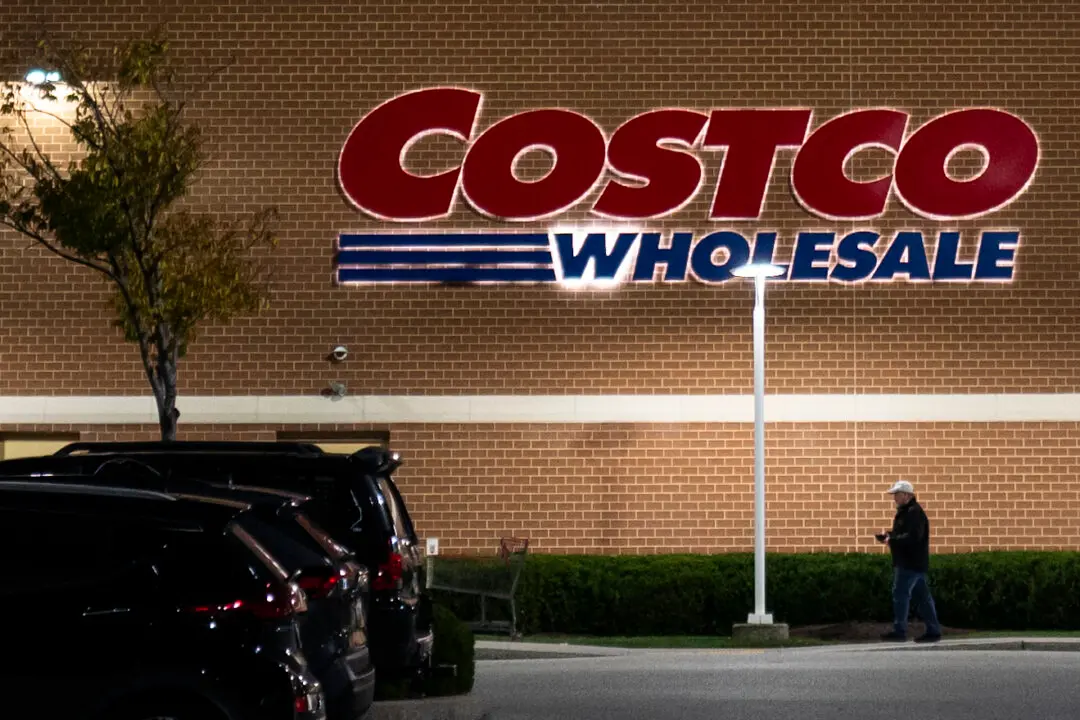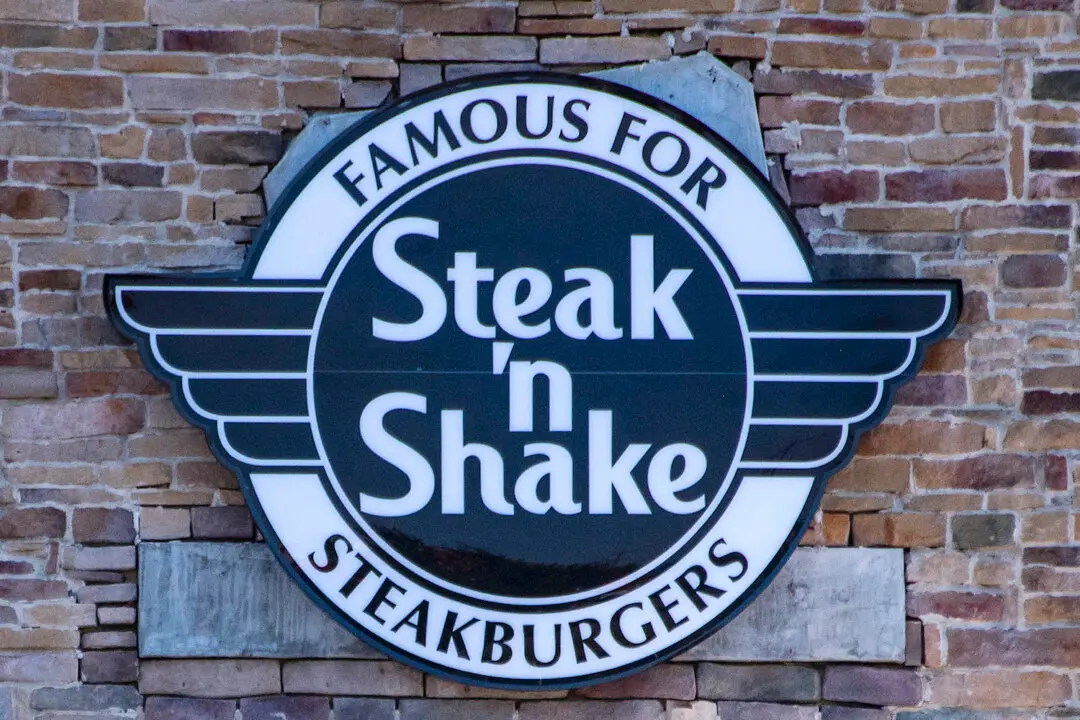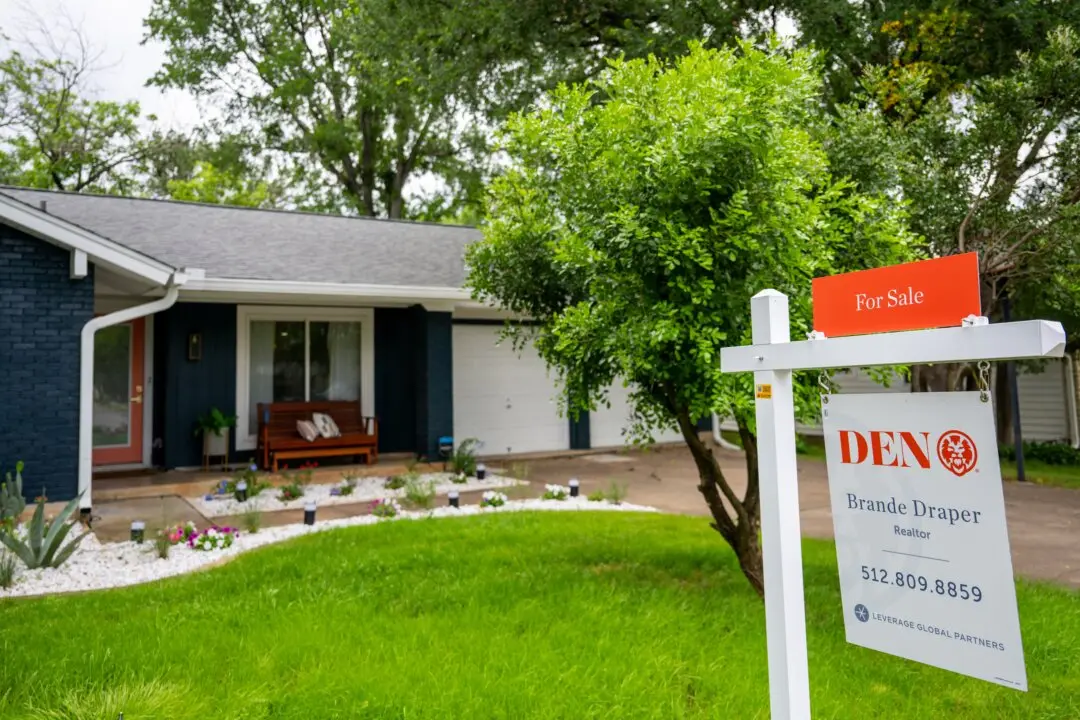For anyone who has ever dreamed of owning a multimillion-dollar vacation home in a luxury resort area in the United States or abroad, a San Francisco-based startup firm claims that it’s now possible to do so–even if you’re not a multimillionaire.
Pacaso, founded in 2020 by former Zillow executives Austin Allison and Spencer Rascoff, offers “the modern way to buy and own a second home.” After identifying a home to purchase, Pacaso sets up an LLC to acquire the property, then sells eight equal shares of it to interested buyers. Each share ranges from $250,000 to $1,000,000 and above, plus monthly service fees.





